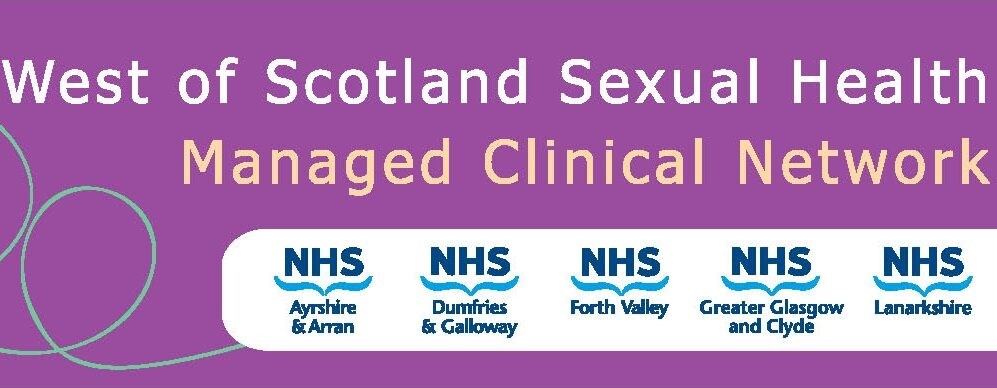i. Use of adult vaccinations and adult schedules
No adult hepatitis B vaccinations are licensed for use as per adult schedules in young people less than 16 years of age, but their use in sexual health services is common place.
ii. Use of adult vaccines in licensed modified schedules in 13 to 15 years of age
Some services may adopt an alternative ‘2 dose’ schedule for young people aged 13 to 15 yrs (incl), using 2 doses of Engerix B 20 micrograms at 0 and 6 months, but this is only suitable when there is a low risk of hepatitis B during the vaccination course and when completion of the 2 dose course can be assured1.
The manufacturer of Engerix B also reports a reduced level of seroprotection at 42, 54 and 66 months in the 0, 6 schedule Engerix B 20microgram compared to 0,1,6 months of Engerix B 10 in 11 to 15 years old2.
iii. Use of licensed paediatric vaccines in licensed schedules in 13-15 years of age
|
Vaccine |
Schedule Options1 |
|
|---|---|---|
|
Engerix B® 10 micrograms |
0, 1 and 6 months |
0, 1, 2 and 12 month |
|
0, 1 and 6 months |
0, 1, 2 and 12 month |
|
|
0, 1 and 6 months |
||
